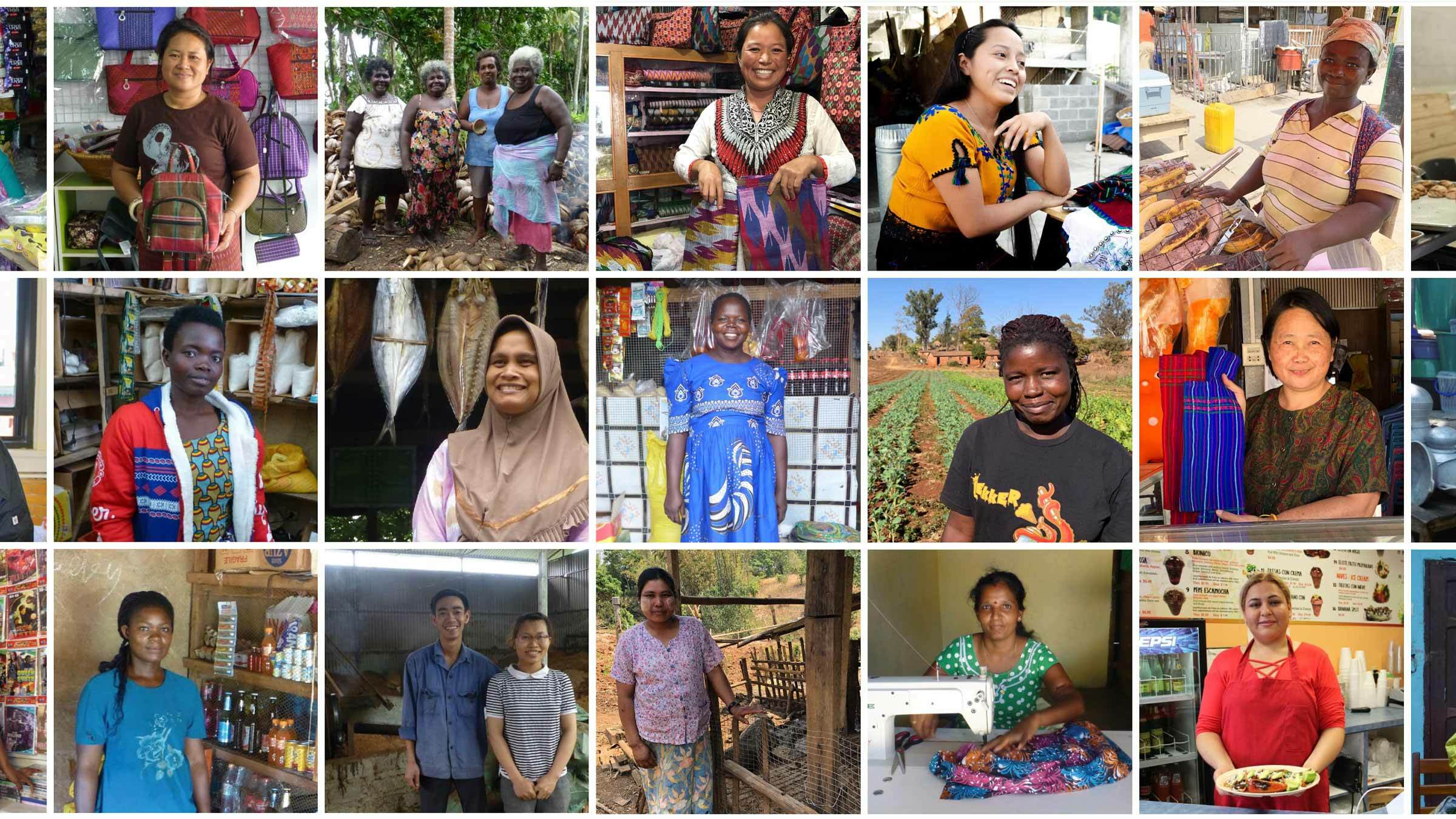

Lundberg Family Farms was founded on a promise to nourish, conserve, and innovate for a healthier world. We believe poverty has no place in a healthy world. When we take care of each other, we can cultivate opportunity instead. That’s why Lundberg Family Farms is proud to partner with Whole Planet Foundation, a nonprofit organization established by Whole Foods Market and dedicated to creating opportunity around the globe to alleviate poverty worldwide.
Whole Planet Foundation aims to empower people living in poverty by providing microcredit in communities where Whole Foods Market sources products. Through a wide and diverse network of socially conscious microfinance partners in the United States and around the globe, Whole Planet Foundation offers entrepreneurs small loans with no formal collateral or contracts and the lowest interest rates possible.
Microloans are not a handout; they are a hand up.
The entrepreneurs supported by Whole Planet Foundation are tenacious, innovative, and hardworking. They lift themselves out of poverty with help from a small loan that enables them to start or expand their own businesses. Each loan is repaid and re-loaned within the communities where Whole Planet Foundation funds microcredit, thereby increasing its impact over time.
What’s more, 89% of the entrepreneurs supported by Whole Planet Foundation are women, who traditionally have fewer resources and face more barriers to access financial services. Their businesses are often home-based and help support their families. In fact, the average loan recipient supports four other members in their family.
As a fourth-generation family business, family is the heart of who we are—and we believe healthy families are the foundation of a whole planet. So, this year, Lundberg Family Farms is proud to partner with Whole Planet Foundation by donating $25,000 to fund microcredit that will empower entrepreneurs like Candelaria, Irene, Tin Ohn Khaing, Thuy, Jennet, Yelaria, and Bianca.
CANDELARIA
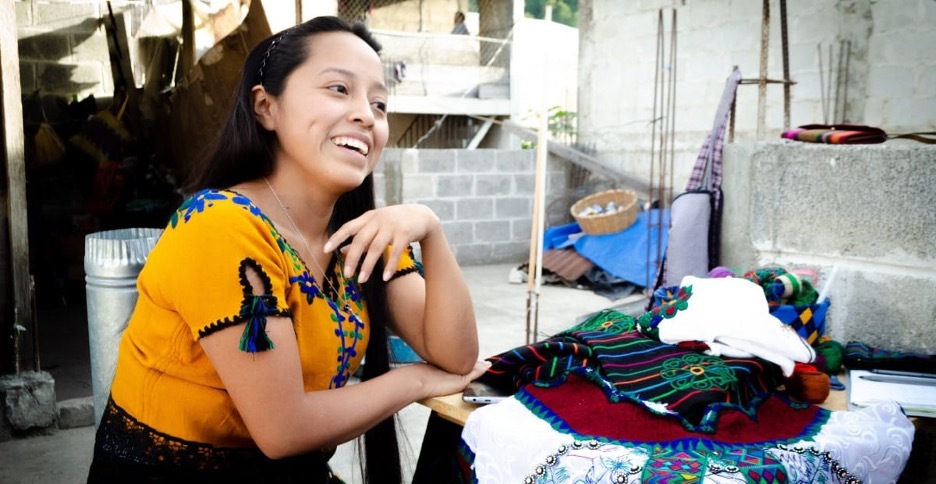
Candelaria lives in Guatemala, where she relies on microfinancing to buy fabric and hand-woven sashes. Her mother embroiders the sashes with intricate designs, as seen in the foreground of the photo above. Then, Candelaria assembles her embroideries and huipiles, or traditional blouses, and sells them on Facebook and in local markets. Candelaria is also paving the way for an entire community of entrepreneurs by translating common terms in Aguateco, one of ten languages in the Guatemalan department of Huehuetenango, where Whole Planet Foundation funds Friendship Bridge’s microloans. With Candelaria’s help, Whole Planet Foundation and Friendship Bridge are able to better understand the unique challenges microfinance faces in Guatemala’s multilingual culture.
IRENE
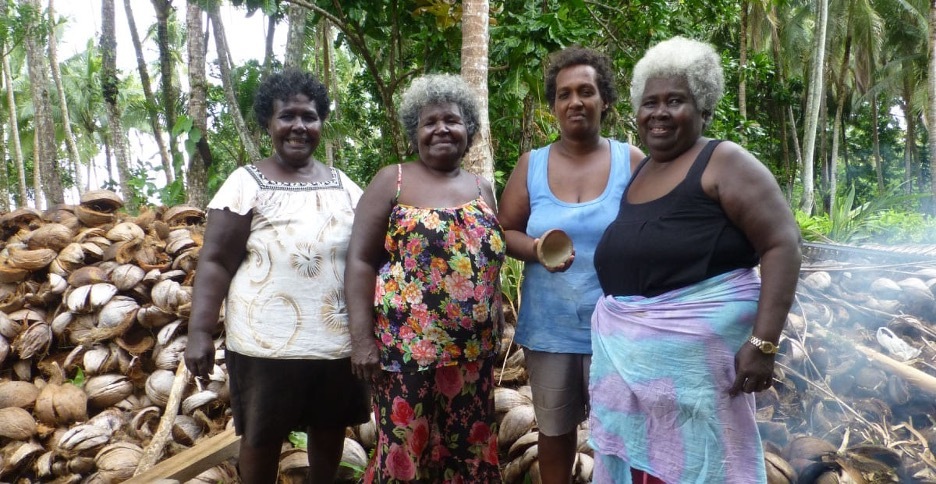
Like Candelaria, Irene works with her mother (plus two aunties) in the Solomon Islands, where there is a large market for dried coconut. Together, Irene, her mother, and her aunties collect coconuts, dry them, remove their exterior shells, and pound them into powder, which they sell in 220 lb. bags to a local company that exports them for coconut oil production. Before becoming a member of South Pacific Business Development, Whole Planet Foundation’s partner in the Solomon Islands, Irene was only able to keep her savings at home. Now, she utilizes a provided savings account and is saving money to open a small store.
TIN OHN KHAING
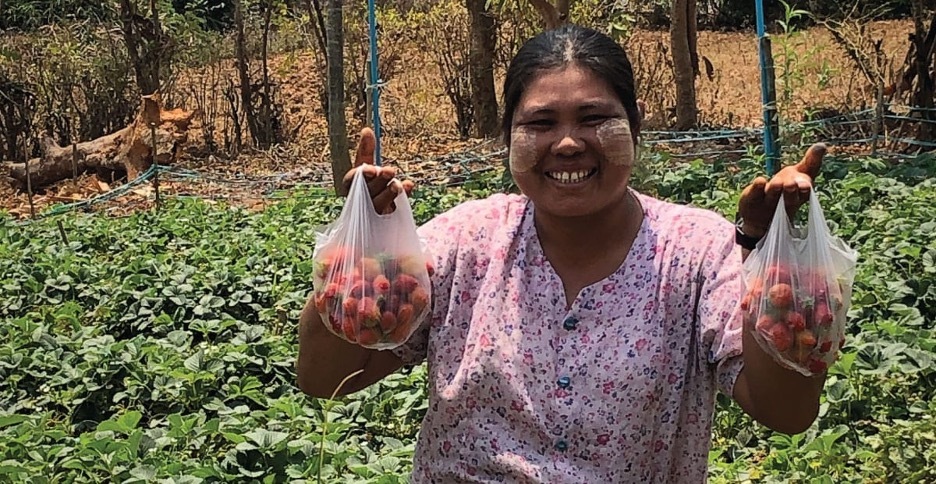
As rice farmers, we know firsthand the importance of efficient irrigation, so Tin Ohn Khaing’s story strikes a chord. She used to carry water from the canal to irrigate her strawberry field. When she received a loan of $129 USD from the Shan State Branch of Whole Planet Foundation’s partner BRAC, she used some of it to purchase irrigation piping. Now, the piping connects to a more convenient water source, which allows Tin Ohn Khaing to increase her strawberry yield and save time to focus on her business.
THUY
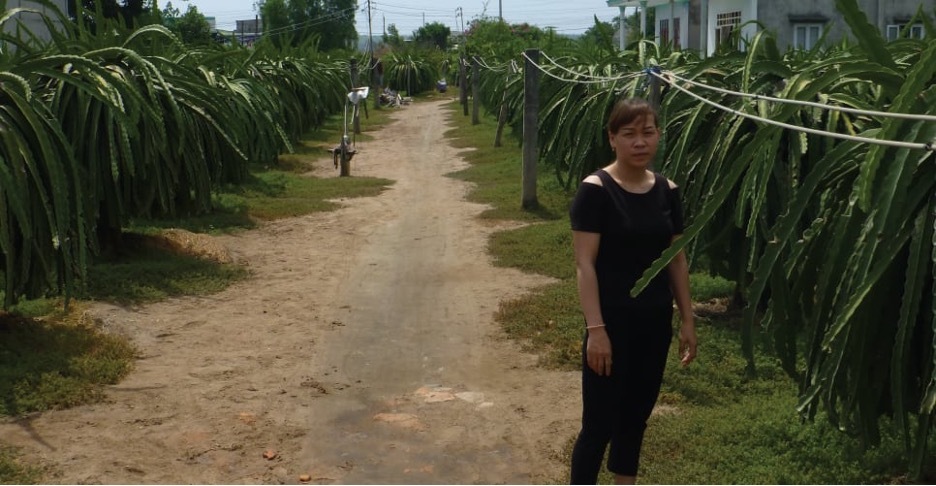
Like Tin Ohn Khaing, Thuy has found a way to increase the efficiency of her crop: dragon fruit. Thuy lives in Binh Thuan Province, where she works as a day laborer at a dragon fruit farm to support her two children. Because the work is inconsistent, Thuy also cultivates her own dragon fruit crops using 100 plants her parents gave her and $131 USD she borrowed from Mekong Plus, Whole Planet Foundation’s local partner in Vietnam. The wires pictured in the dragon fruit field above provide electricity for a lighting system that makes dragon fruit plants more productive during the off season, when temperatures remain hot enough to produce fruit even as daylight hours dwindle.
JENNET
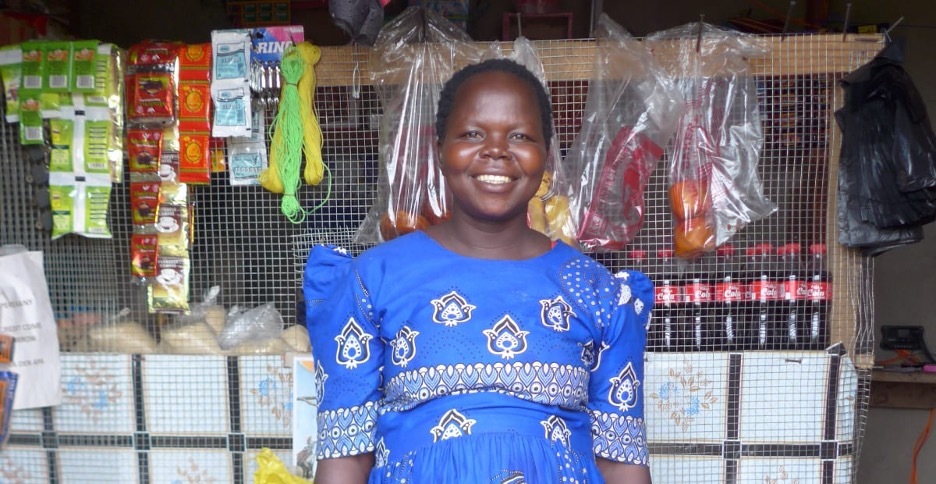
Last year, Jennet and two business partners used some of their own savings—plus a start-up capital grant from Whole Planet Foundation partner Village Enterprise—to grow and sell beans. It was Jennet’s first foray into business, but not her last! She reinvested her share of the profits into another venture: selling cooking oil.
As part of their community engagement, Village Enterprise encourages the spouses and family members of entrepreneurs to be supportive of their businesses. Jennet’s husband, a builder, took this message to heart and offered to help construct her shop, free of charge. Jennet paid for some of the materials and her husband did the rest.
Ever the businesswoman, Jennet hopes to grow beyond retail and become a wholesale distributor in her community!
YARELI
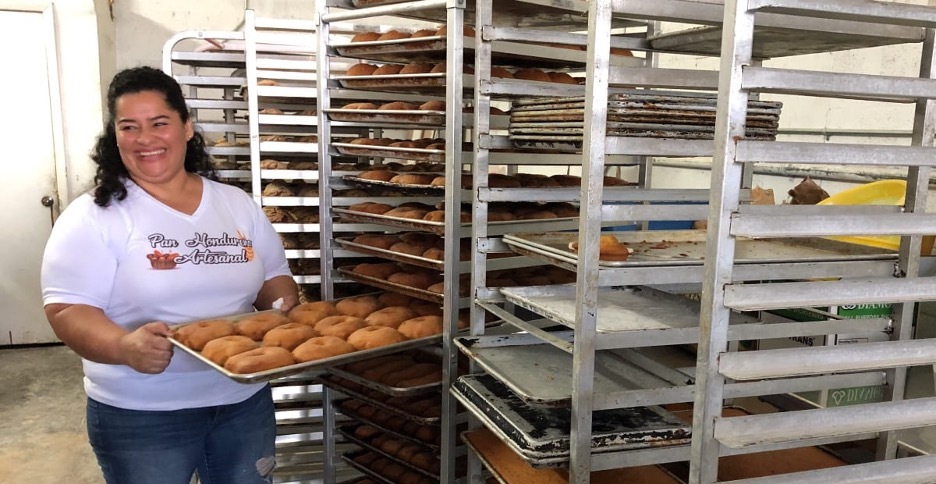
Yareli owns and operates a bakery in Miami, Florida. She used her first loan of $2,000 to purchase ingredients like flour, sugar, and baking soda. With the support of Grameen America, and help from her husband and daughter, Yareli makes traditional Honduran pastries and breads from her mother’s recipes, which resonates with our belief that food has the power to connect us from generation to generation.
BIANCA
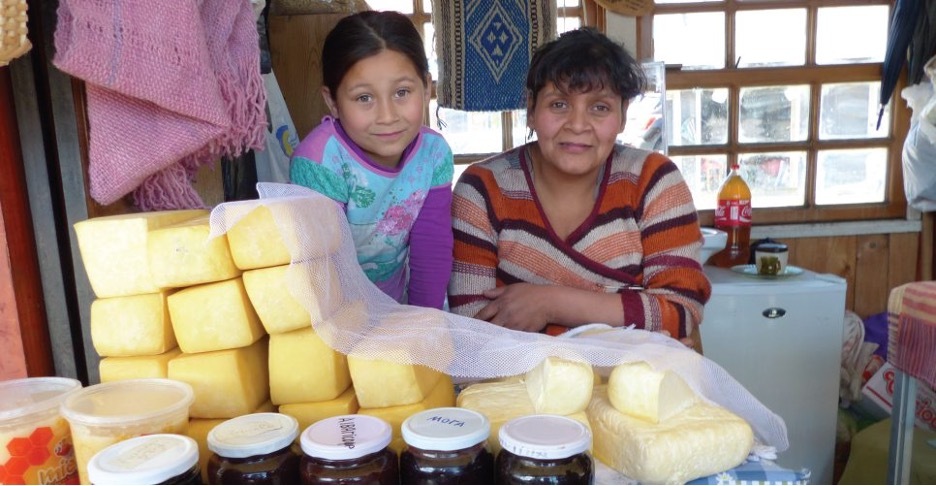
Bianca is also working to connect one generation to the next. She used her first loan from Whole Planet Foundation’s microfinance partner Banigualdad
to purchase a display for her small stand in the village bus terminal, where she sells local products like cheese, legumes, and honey. Bianca also sells jams and wool hats she makes at home in the evenings. The income from Bianca’s stand—combined with her husband’s salary as a farm laborer—allows them to provide a better life for their three children. “I’ve had this shop for eight years,” she says, “I want to leave it for my children to have something of their own.”
Generating Change for Generations to Come
As a fourth-generation family business, we admire how each of these women is generating change for generations to come—whether they are working with family or paving the way for future entrepreneurs. If you would like to join us in supporting Whole Planet Foundation, please visit their website, where you can learn more about their impact, the entrepreneurs they support, ways to get involved, and how you can donate. Together, we can invest in a future without poverty!
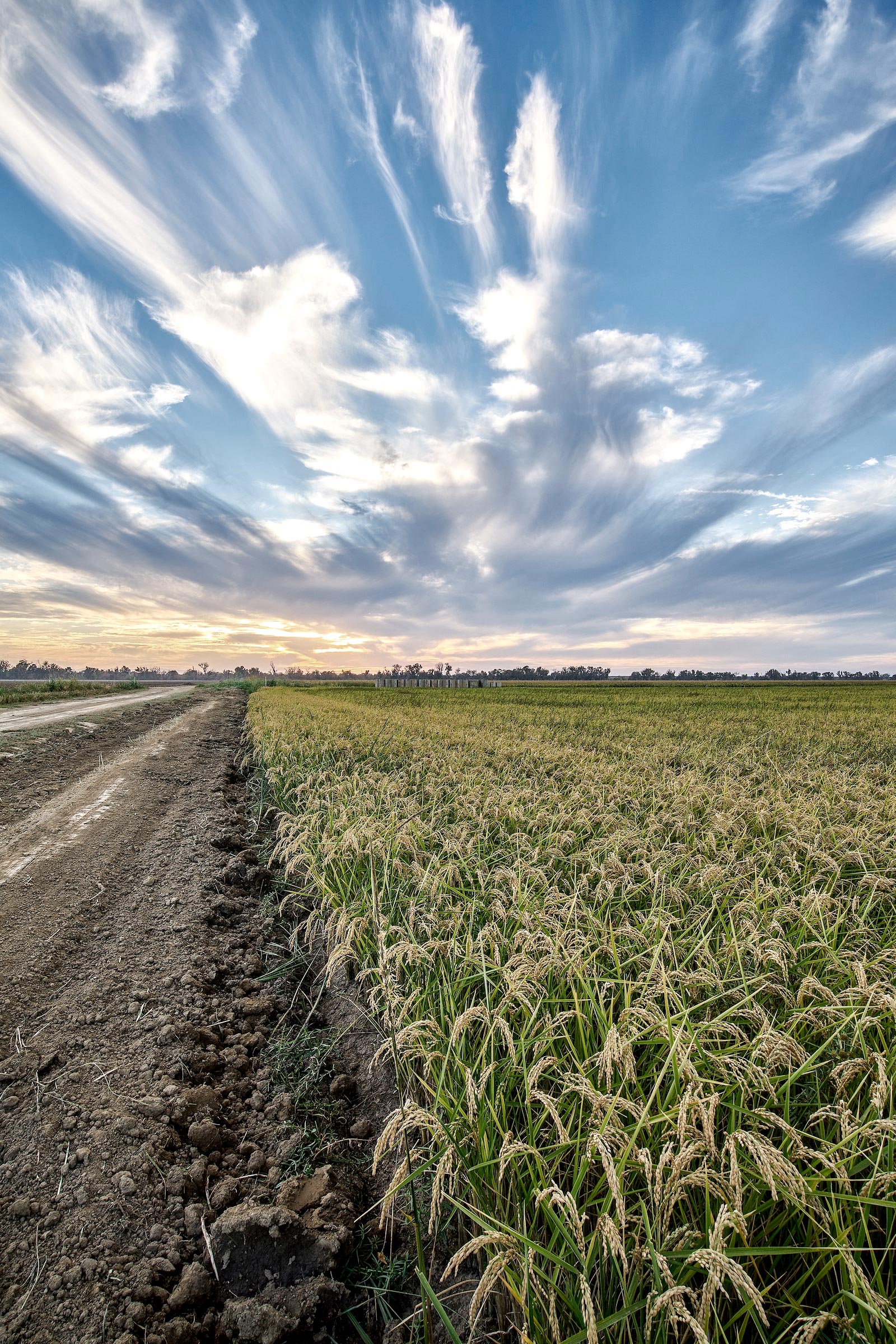
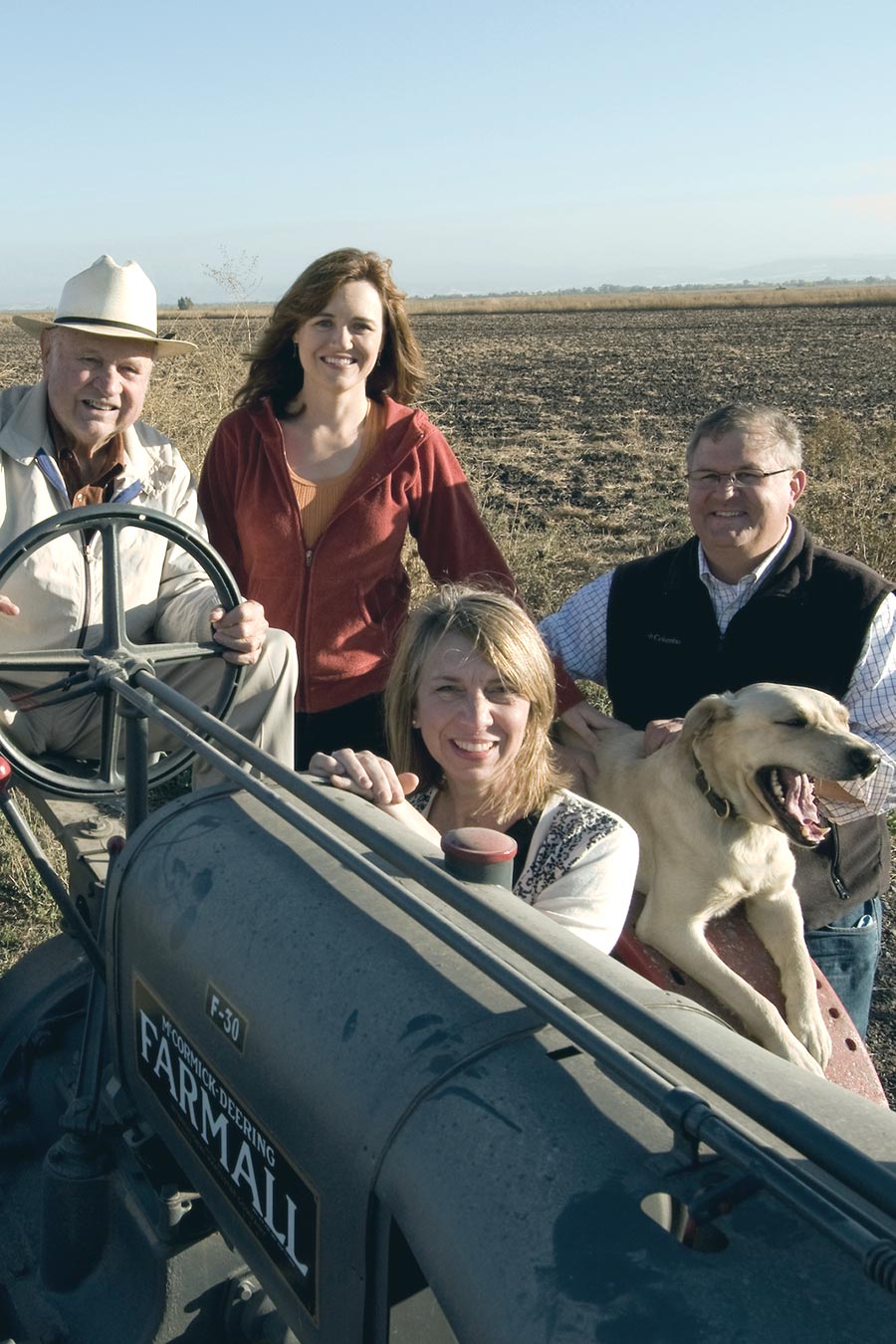
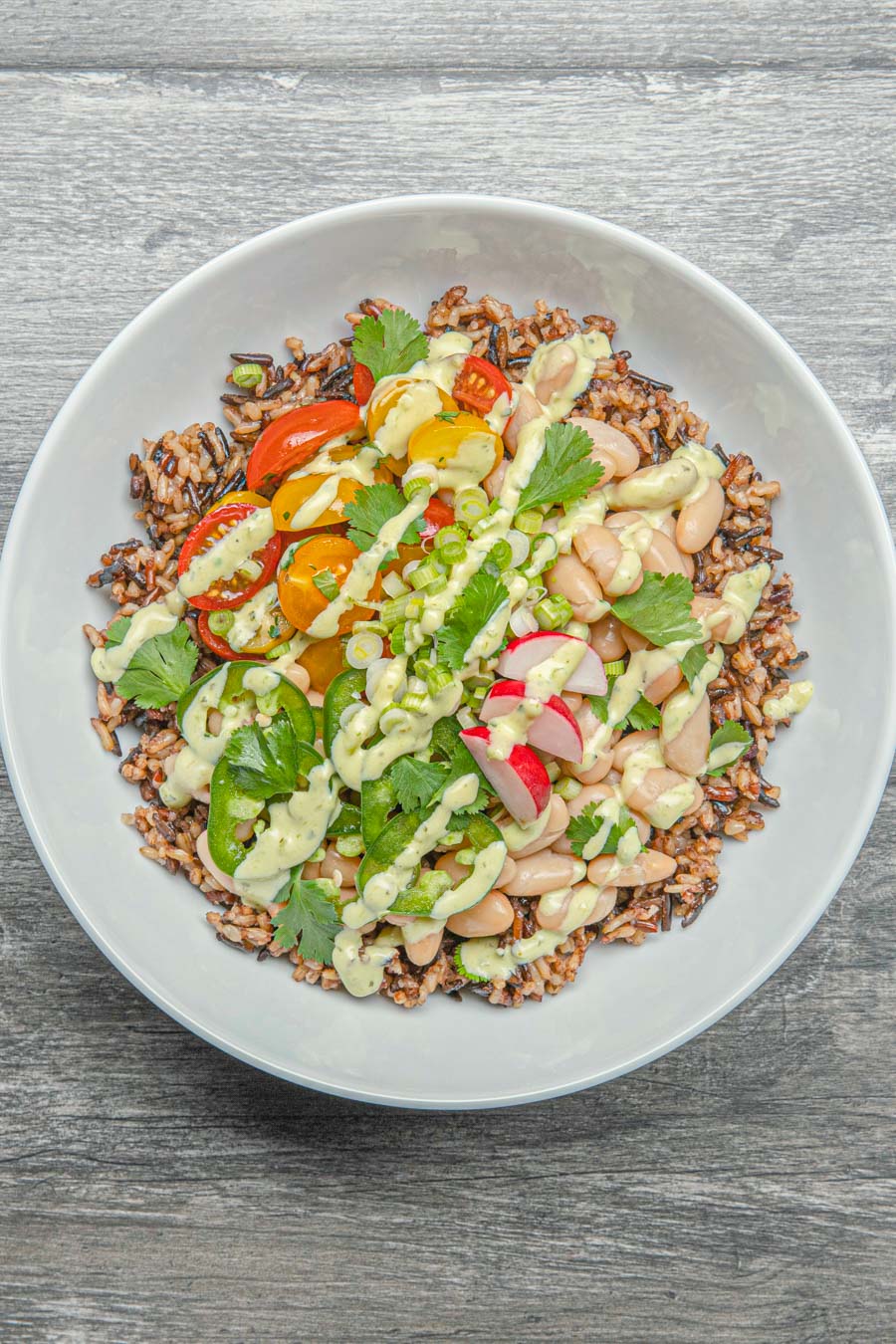

Meet and Greet and Eat at
Lundberg Social Media Links